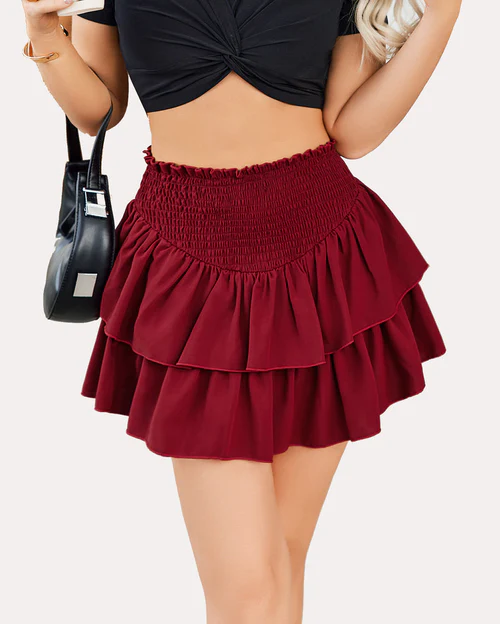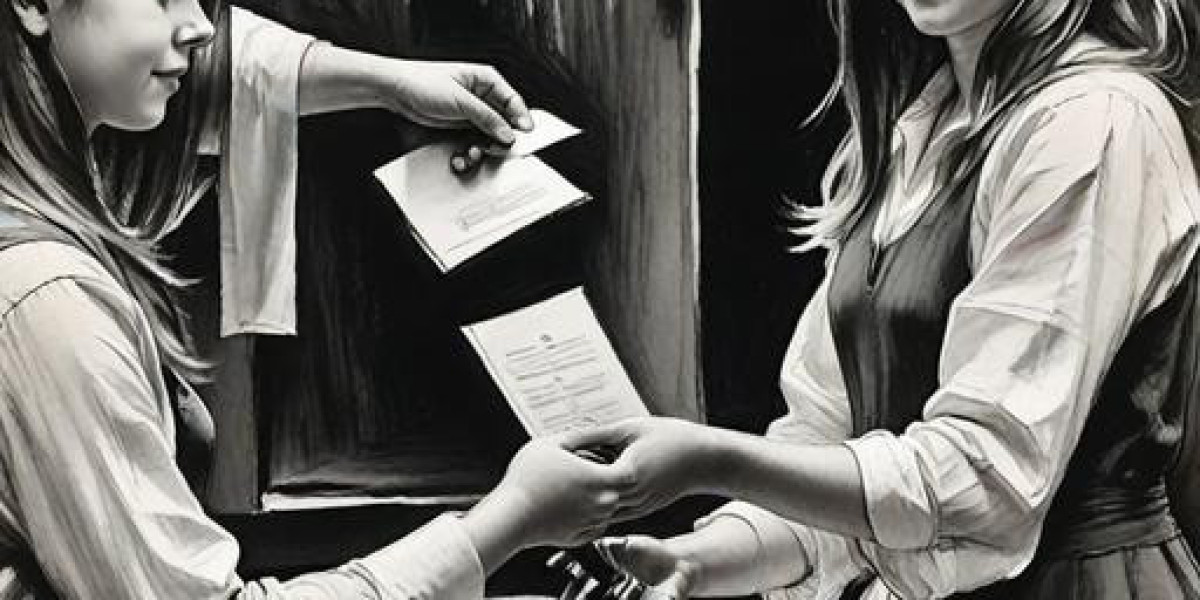The mini skirt has become an iconic piece of clothing that transcends generations and cultural boundaries. Its journey from a controversial fashion statement in the 1960s to a staple on modern runways is a testament to its enduring appeal. This article delves into the history, cultural significance, and contemporary interpretations of the mini skirt.

Mini Skirt: A 1960s Fashion Revolution
In the early 1960s, the mini skirt emerged as a bold declaration of freedom and femininity. Designed by British fashion designer Mary Quant, this garment challenged traditional norms and sparked a fashion revolution. The mini skirt was not just a piece of clothing; it symbolized a new era of liberation for women. But what made it so revolutionary?
- Breaking Social Norms: The mini skirt defied the conservative fashion standards of the time, allowing women to express their individuality.
- Influence of Youth Culture: The rise of youth culture in the 1960s played a significant role in popularizing the mini skirt, as it resonated with the desires of a generation seeking change.
- Media and Celebrity Endorsement: Celebrities like Twiggy and Brigitte Bardot embraced the mini skirt, further cementing its status in popular culture.
Mini Skirt: Cultural Significance and Impact
The cultural significance of the mini skirt extends beyond mere fashion. It has been a canvas for social commentary and a reflection of changing gender roles. As the feminist movement gained momentum, the mini skirt became a symbol of empowerment. Women began to reclaim their bodies and choices, using fashion as a means of self-expression.
Moreover, the mini skirt has been embraced by various subcultures, from punk to pop, each adding its unique flair. This adaptability has allowed the mini skirt to remain relevant across decades. How has the mini skirt influenced modern fashion trends?
Modern Interpretations of the Mini Skirt
Today, the mini skirt continues to evolve, appearing in diverse styles and fabrics. Designers have reimagined this classic piece, incorporating it into various fashion lines. Here are some contemporary interpretations:
- Asymmetrical Cuts: Modern mini skirts often feature asymmetrical hems, adding a fresh twist to the traditional silhouette.
- Layering: Many fashionistas now layer mini skirts over tights or leggings, creating a versatile look suitable for different occasions.
- Eco-Friendly Fabrics: With a growing emphasis on sustainability, many brands are producing mini skirts using eco-friendly materials.
Conclusion: The Timeless Appeal of the Mini Skirt
The mini skirt is more than just a fashion item; it represents a rich history of cultural evolution and personal expression. As we look to the future, it is clear that this iconic garment will continue to inspire and adapt. Whether on the runway or in everyday wear, the mini skirt remains a powerful symbol of style and freedom.








